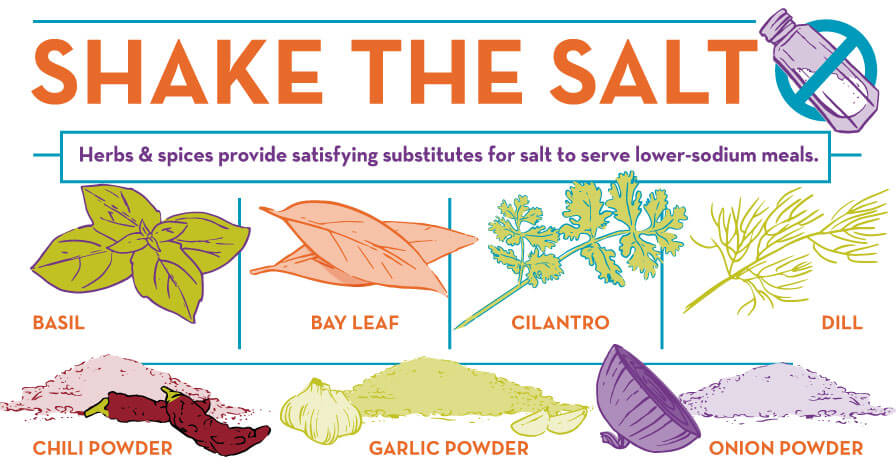The Relationship Between Diabetes and Heart Disease

It’s common for people with diabetes to also have heart disease. Data from the National Heart Association shows that 65% of people with diabetes will die from some sort of heart disease or stroke. Fortunately, you can lower your risk for heart disease and improve your heart health by changing certain lifestyle habits, which will also help you better manage your diabetes.
How Does Diabetes Affect the Heart?
The connection between diabetes and heart disease begins with high blood sugar levels. Over time, the high glucose in your bloodstream can damage your arteries, causing them to become stiff and hard. The fatty material that builds up on the inside of your blood vessels can eventually block blood flow to your heart or brain and can lead to a heart attack or stroke. This build-up is a condition called atherosclerosis.
What Other Factors Increase the Chances of Heart Disease if I Have Diabetes?
If you have diabetes, there are other factors that can increase your chances of developing heart disease, including:
- High blood pressure (hypertension). High blood pressure is a major risk factor for heart disease. Studies report a positive association between hypertension and insulin resistance. If you have both hypertension and diabetes, which is common, your risk for cardiovascular disease doubles.
- Abnormal cholesterol and high triglycerides. Many patients with diabetes also have unhealthy cholesterol levels, including high LDL (“bad”) cholesterol, low HDL (“good”) cholesterol, and high triglycerides. These poor lipid counts often occur in patients with premature coronary heart disease. It’s also characteristic of a lipid disorder associated with insulin resistance in patients with diabetes.
- Obesity. Obesity is a major risk for heart disease and has been strongly associated with insulin resistance. By losing weight, you can improve your risks for heart disease, decrease insulin concentration, and increase insulin sensitivity. Obesity and insulin resistance have been associated with other risk factors, including high blood pressure.
- Lack of physical activity. Being physically inactive is another major risk factor in insulin resistance and cardiovascular disease. The good news is that you can change this by exercising and losing weight. Any type of moderate or vigorous exercise, which could include aerobic exercise, household work, gardening, or sports can be beneficial.
- Poorly controlled blood sugars (too high) or out of normal range. Diabetes can cause blood sugars to rise to dangerous levels. Medications may be required to manage your blood sugar.
- Smoking. Smoking puts you at a higher risk for heart disease and stroke.
Lowering the Risk of Heart Disease
The following lifestyle changes can help reduce your risk of heart disease or keep it from getting worse, as well as help you manage your diabetes:
- Follow a healthy diet. By including more fresh fruits, vegetables, lean protein, and whole grains in your diet, you can lower your risk of heart disease. Also make sure to drink plenty of water, limit sugary drinks, and limit alcohol.
- Maintain a healthy weight. If you’re overweight, even losing a modest amount of weight can help lower your triglycerides and blood sugar. If you weigh 200 pounds, for example, modest weight loss would be 10-14 pounds or 5-7% of your body weight.
- Get active. Increasing your level of activity makes your body more sensitive to insulin (the hormone that allows your cells to use blood sugar for energy), which can help manage your diabetes. Physical activity also helps control your blood sugar levels and lowers your risk of heart disease. Try to get at least 150 minutes per week of moderate physical activity, such as brisk walking.
- Manage your ABCs.
- A: Get an A1C test to measure your blood sugar over two to three months and try to stay in your range as much as possible.
- B: Try to keep your blood pressure below 140/90 mm Hg, or whatever target your doctor recommends.
- C: Manage your cholesterol levels.
- s: Stop smoking or don’t start.
- Manage stress. Stress can raise your blood pressure and lead to unhealthy behaviors, such as overeating or drinking too much alcohol. You can manage your stress in a healthy way by practicing meditation or deep breathing. Exercise is also a great way to manage stress.
Your doctor may recommend medication to help keep your blood sugar, blood pressure, cholesterol, and triglycerides at the recommended levels.
Learn More About Diabetes and Heart Disease with Baptist Health
Although heart disease is common in people with diabetes, it’s a serious condition that requires medical attention. If you’d like to understand your personal risk factors of heart disease with diabetes, take Health Risk Assessment today to learn more.



